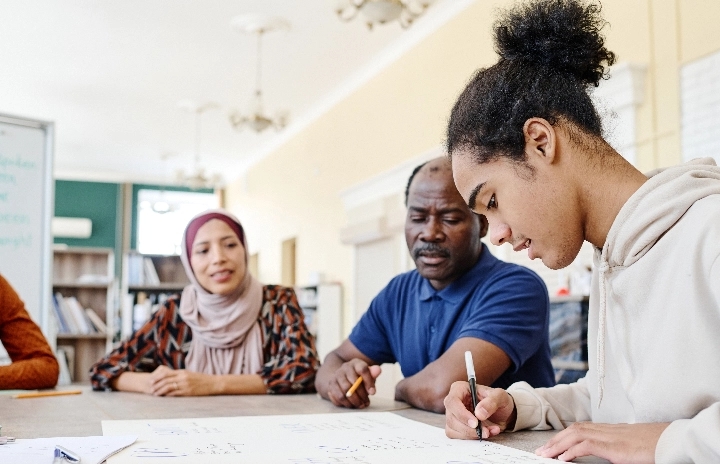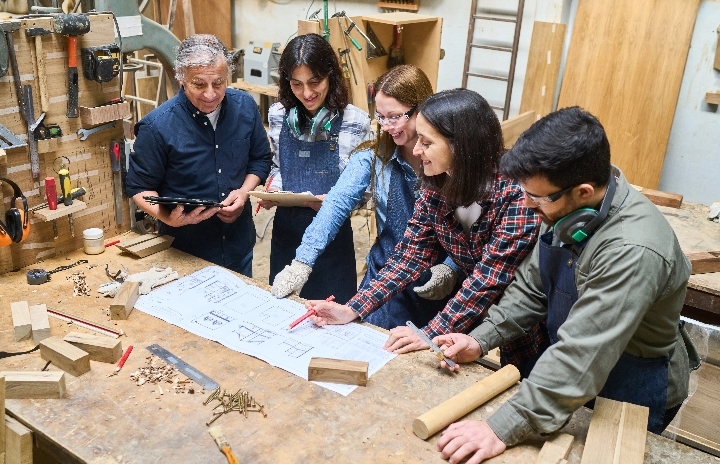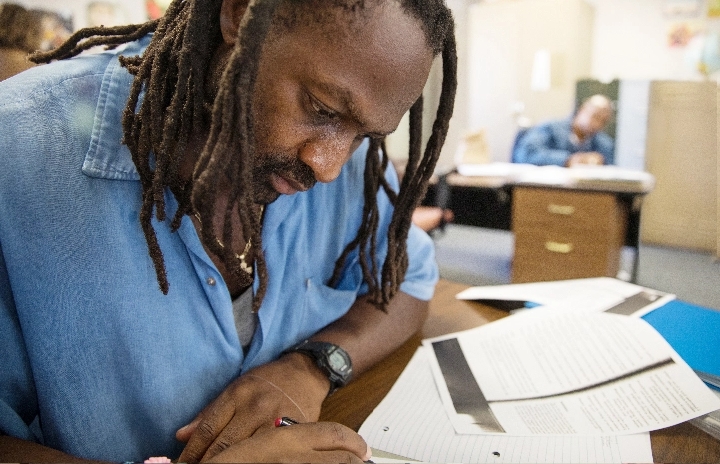
The Change We Seek

Existing postsecondary education and workforce training opportunities are frequently delivered through disconnected and misaligned systems. Too often, this leaves learners from low-income backgrounds at a dead end, having lost time, money, and momentum. To change this, we fund strategies to improve how these systems work together, strengthening their capacity to understand and advance learner outcomes and making it easier for learners to navigate between systems.
Change in Action
Learn how our grantees are working to connect and align systems.
Supporting Holistic Credit Mobility

Learners who transfer between institutions are often unable to count previously earned credits toward degree requirements at their new institution. Nationally, around 43% of credits do not transfer (Source: U.S. Government Accountability Office). As a result of this credit loss, learners must repeat courses, which is both expensive and time-consuming.
Building Rural Education to Employment Partnerships

Regional talent development ecosystems include education and training providers, community-based organizations, and employers. While these entities collectively support, train, and hire learners, they often don’t coordinate or have the capacity to partner with each other. This can result in outdated training programs that aren’t responsive to employer needs and don’t provide learners with clear paths to good jobs.
Developing a Statewide Data Dashboard for Postsecondary Education in Prison

Comprehensive data on the demographics, academic success, and employment of current and formerly incarcerated learners doesn’t exist. This is partly because state departments of correction, postsecondary education systems, and workforce agencies don’t routinely share data. Without that data, these critical stakeholders are unable to answer key questions about incarcerated learner outcomes, which limits their ability to work together to improve prison education programs.







